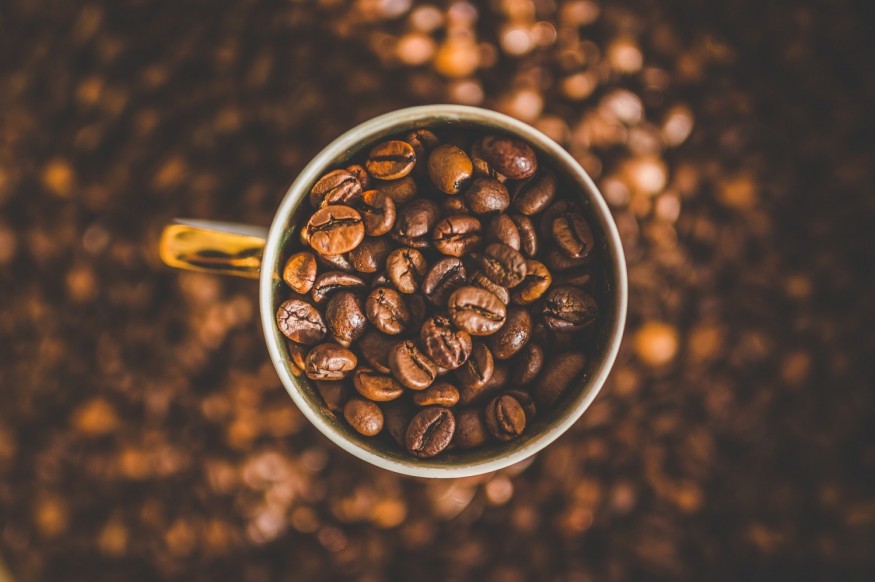
Health experts agree that 400 milligrams of caffeine or four cups of coffee a day are the safe amount for adult consumption. Likewise, the quantity of caffeine in each cup is enough to determine how it affects your health.
A new study published in the journal Clinical Nutrition by a team of researchers from the Australian Center for Precision Health has determined that drinking more than six cups of coffee in a day significantly increases the number of lipids in the blood.
In turn, this increases a person's chances of developing cardiovascular diseases. In fact, the most predictive elements of cardiovascular disease incidence are lipid levels.
Excessive Caffeine, How Bad is it For Your Body?
Research shows that excessive consumption of caffeine appeared to directly affect a person's plasma lipid profile---which refers to the level of cholesterol and fat in the person's blood.
The authors stated, "There is evidence that long-term heavy coffee consumption may adversely affect an individuals' CVD risks. Our phenotypic and genetic analysis suggests that long-term heavy caffeine consumption may lead to unfavorable lipid profiles, which could increase a person's risks for CVD."
Researchers recruited 362,571 participants that range from 37-73 years of age. Findings show that heavy caffeine intake was consistently linked with high lipid levels in the blood. Unfiltered coffee, cappuccinos, and lattes seemed to yield the most profound negative effects in participants.
What Kind of Coffee Has Higher Risks?
Lead author Elina Hypponen says that millions drink absurd amounts of coffee every day. This has become commonplace for college students and employees trying to meet deadlines by constantly refilling their coffee mugs.
In a release, Hypponen says, "Globally, we drink around 3 billion cups of coffee every day, so it makes sense to explore the pros and cons of this on our health."
The team suspects that cafestol--a cholesterol-raising compound in coffee beans--- is the culprit behind the results. Independent researchers have also concurred that cafestol extraction varies on the coffee brewing mechanism used.
Hypponen explains that cafestol is mainly extracted via unfiltered brews like Turkish & Greek coffees, French press, and espressos. With the popularity of lattes and cappuccinos that millions of Americans are guilty of indulging, espressos are the base for most barista-made drinks.
Hypponen stresses that it is very little to no cafestol found in filtered and instant coffee with respect to its effects on lipid levels in the blood, making them good coffee choices.
The study published shows that long-term heavy coffee drinking exceeding six cups of coffee has clear adverse effects on a person's cardiovascular health. On the other hand, coffee has become a staple item in billions of people's lives which makes it hard to replace. Hence, knowing which forms of coffee increase the risks of CVD is generally good health advice.
Moderation is key to be able to enjoy a great cup of morning joe without incurring the negative health effects posed by caffeine.
RELATED ARTICLE: Coffee May Help Alcoholics Have a Lower Risk of Liver Cirrhosis
Check out more news and information on Medicine & Health on Science Times.
© 2026 ScienceTimes.com All rights reserved. Do not reproduce without permission. The window to the world of Science Times.










